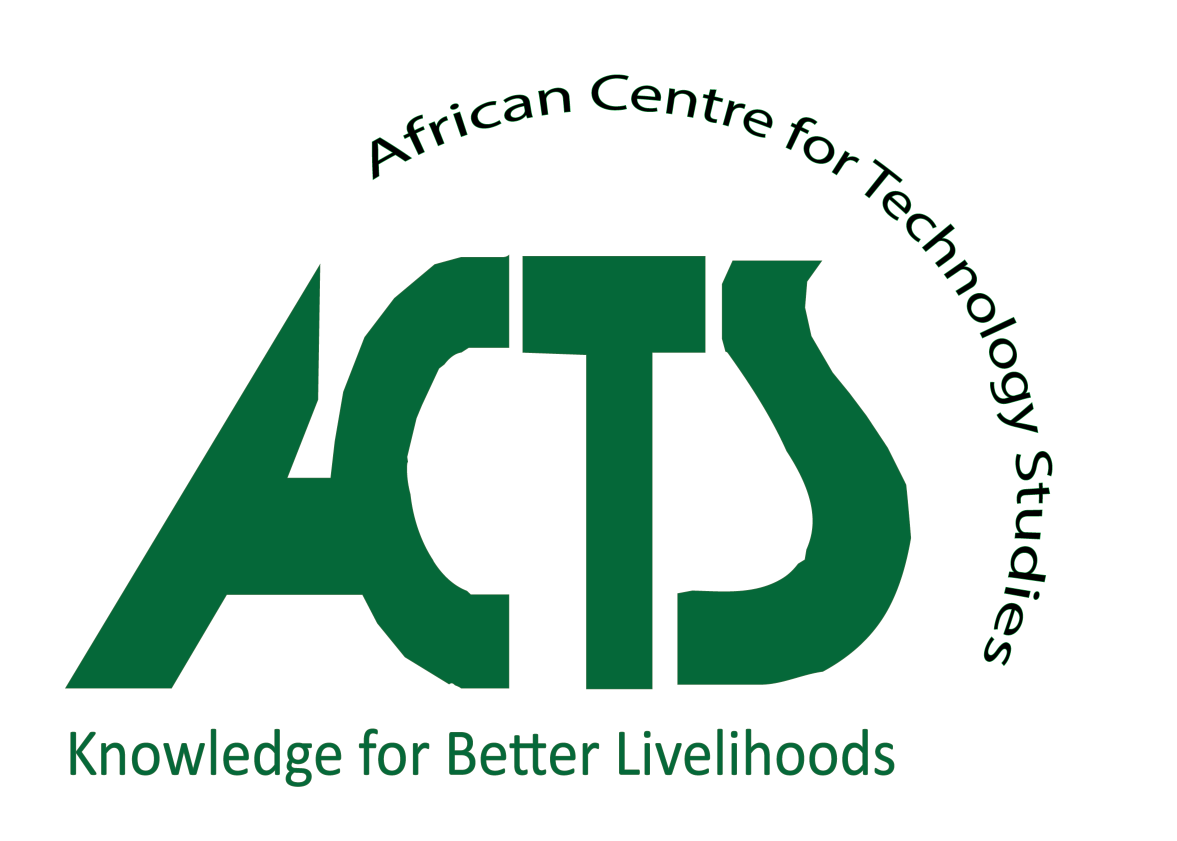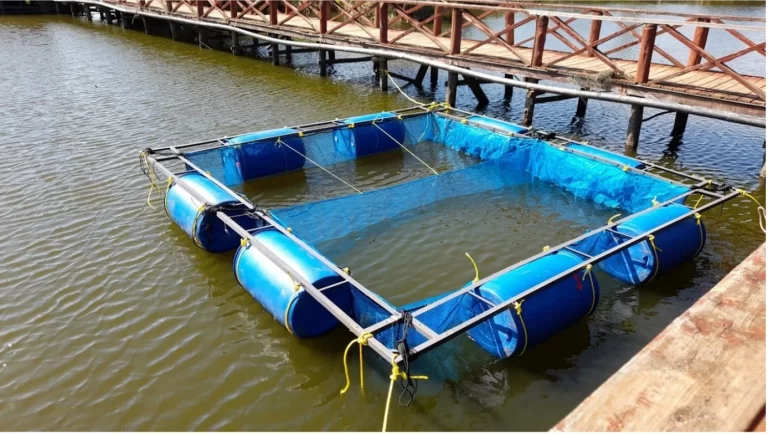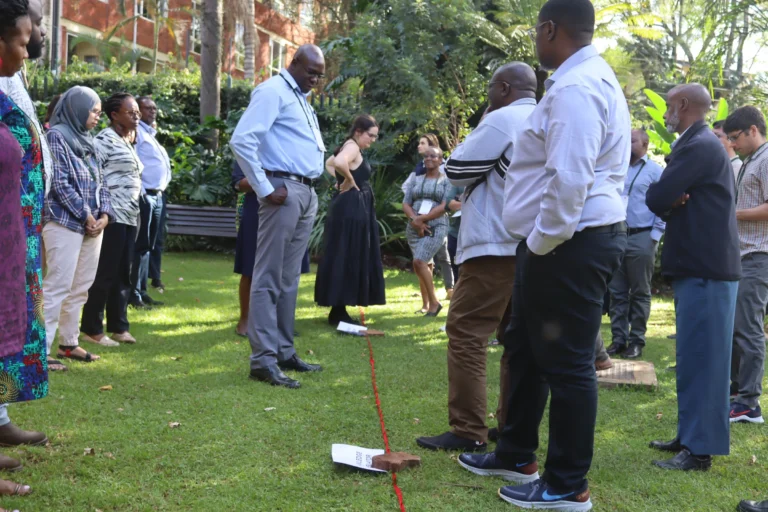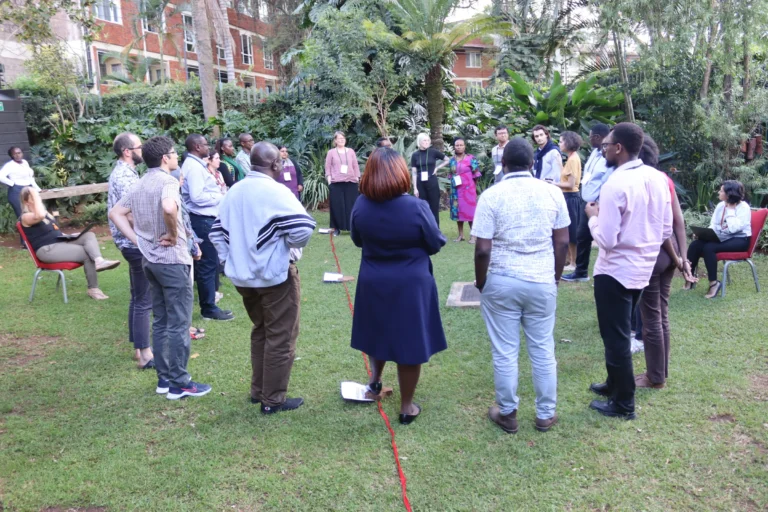By Norah Ouma, Salome Okoth, Maureen Kabasa, Joel Onyango
One of the biggest failures in global climate action is the exclusion of Africa’s most vulnerable populations from decision-making processes. Many adaptation strategies are designed by governments, international donors, and development banks without meaningful consultation with affected communities. Climate justice is often reduced to a financial debate about who pays for climate damage, how much is allocated, and which nations receive aid. However, for Africa, which contributes less than 4% of global emissions yet faces the harshest consequences, justice cannot be measured in dollars alone. This top-down approach risks creating solutions that do not align with local needs, further marginalizing those most at risk.
The Global Goal on Adaptation (GGA), established under the Paris Agreement, aims to enhance adaptive capacity, resilience and reduce vulnerability to climate change. However, for Africa, achieving the GGA cannot be separated from climate justice. It is not only about securing adaptation finance but also about ensuring that adaptation efforts do not reinforce existing inequalities. Critical questions must be addressed: Who determines adaptation priorities? How are resources allocated and distributed? Who is held accountable for the misuse of resources, environmental degradation, and decisions that exacerbate climate vulnerability? How do we safeguard the interests and rights of future generations?
To ensure that adaptation does not deepen inequality but instead promotes a just and sustainable future, Africa’s climate response must be built on a multidimensional approach: procedural, distributive, retributive, and generational justice.
Where Climate Justice Fails in Africa Today
Procedural Injustice: Despite their vulnerability, African nations and communities remain sidelined in global climate governance. International donors and multilateral banks often dictate climate policies, leaving African voices as mere recipients rather than active architects of their future.
Distributive Injustice: Climate finance does not flow equitably to those who need it most. Alarmingly, over 60% of global adaptation finance is in the form of loans, pushing African nations deeper into debt rather than empowering them with grants and direct investments for sustainable adaptation.
Retributive Injustice: The world’s biggest polluters, the Global North, continue to evade full responsibility, treating compensation for climate loss and damage funding as charity rather than a legal obligation. Meanwhile, foreign corporations exploit Africa’s resources, worsening environmental degradation with little accountability.
Generational Injustice: Climate adaptation remains short-term and reactive, rather than building long-term resilience, failing to safeguard Africa’s future generations. Youth and indigenous knowledge systems are underfunded and overlooked, limiting Africa’s ability to innovate its climate solutions.
Solutions: Building a Just and African-Led Climate Future
1. Procedural Justice: Shifting Decision-Making Power to Africans
Africa’s climate response cannot be dictated by global institutions that fail to recognize local contexts. Procedural justice demands that African nations, communities, and Indigenous groups play a central role in defining adaptation strategies, allocating resources, and determining priorities. To achieve this, governance structures must be reformed to ensure that climate policies are community-driven, transparent, and inclusive.
One way to achieve this is through Locally Led Adaptation (LLA) models, where decision- making authority is placed at the lowest governance levels. In Kenya, County Climate Change Funds (CCCFs) allow communities to identify their own adaptation needs and receive direct funding without excessive bureaucratic hurdles. This model ensures that climate policies are not imposed from above but emerge from local realities. At the continental level, African climate negotiators must take a stronger stance in global governance spaces like COP summits. The Africa Adaptation Initiative (AAI) is a key step in amplifying Africa’s voice, but bolder, unified advocacy is needed to demand a fair share of global climate finance and influence influence global decision-making processes.
2. Distributive Justice: Ensuring Equitable Climate Investments
Distributive justice requires a fundamental shift in how climate finance is allocated. Currently, international climate funds prioritize large-scale infrastructure projects that may not always address the needs of vulnerable communities. African countries must push for a reallocation of resources towards smallholder farmers, community-led renewable energy projects, and ecosystem-based adaptation strategies.
For instance, instead of channeling billions into mega-dams and corporate-led agribusiness, investments should prioritize agroecology, sustainable land management, and small-scale solar energy projects that directly benefit local populations. Ethiopia’s watershed management projects and AGRA’s climate-smart agriculture programs are examples of how adaptation can be decentralized and inclusive.
3. Retributive Justice: Holding Polluters and Exploiters Accountable
Justice demands that those responsible for climate change bear the cost of its impacts. African governments must move beyond simply requesting aid and instead push for legally binding commitments that ensure fair compensation for loss and damage. The landmark case of Nigerian farmers suing Shell over oil spills demonstrates how legal action can force multinational corporations to pay for environmental destruction.
More African nations should adopt stringent environmental accountability laws, ensuring that foreign companies are liable for pollution and land degradation.
Additionally, Africa must resist fossil fuel extraction projects disguised as “development.” Kenya’s transition to 90% renewable energy proves that economic growth does not require expanding fossil fuel dependency.
4. Generational Justice: Securing Africa’s Future Climate Resilience
True climate justice requires long-term investment in Africa’s youth, education, and indigenous knowledge systems. Integrating climate education into national curriculums will empower the next generation with the knowledge and skills to lead Africa’s adaptation efforts.
Initiatives like Nigeria’s Green Recovery Initiative and Kenya’s Wangari Maathai Institute are examples of how Africa can nurture climate leadership from an early age. Additionally, funding should be directed towards African-led climate research centres, ensuring that adaptation strategies are grounded in homegrown scientific expertise rather than external assumptions.
“Please open your hearts. If you allow yourself to feel it, the heartbreak and the injustice is hard to bear. Sub Saharan Africans are responsible for just half a percent of historical emissions. The children are responsible for none but they are bearing the brunt. We are the adults on this earth right now. And it is our responsibility to ensure that the children have food and water.” Elizabeth Wathuti, Kenyan climate activist
Call to action
Africa’s climate justice fight must go beyond financial aid. The GGA provides a unique opportunity to integrate justice into adaptation strategies, but only if implemented with fairness and equity at its core. Procedural justice must ensure African leadership in adaptation. Distributive justice must prevent inequality in climate adaptation. Retributive justice must hold major polluters accountable. Generational justice must build a resilient future. Climate justice is not about charity. It is not about pity. It is about power, fairness, and Africa’s right to a just, climate-resilient future.




